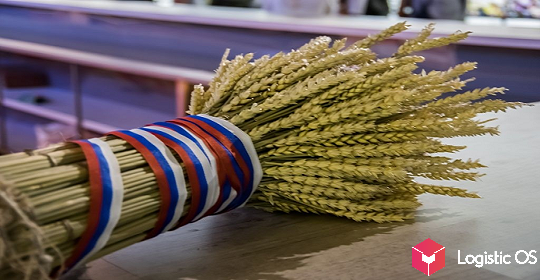According to the latest data, about 1.78 million tons of wheat were exported from the Russian Federation in July, which is significantly less than the level of last July: 2.8 million tons.
Currently, prices for Russian wheat remain unchanged and do not show the upward trend that producers and exporters are counting on. For two weeks, quotes have been around $237 per ton.
At the same time, some competing countries are showing lower prices. For example, French wheat now costs about $228 per ton, American — $214, Argentine — $234 per ton.
This means that Russia will have to compete with other producers who can offer more favorable price conditions.
At the same time, Romanian and German wheat is currently even more expensive than that produced in the Russian Federation.
Against this background, the rise in barley prices is becoming noticeable. In just one week, it has added about $6 per ton, and as a result, this crop is currently trading at $221 per ton.
In general, wheat exports from Russia are currently declining.
The most active buyer is Egypt. This country purchased about 370 thousand tons of Russian wheat in July.
In second place in terms of purchase volumes is Turkey, which bought 228 thousand tons, and in third place is Saudi Arabia, its purchase volume amounted to 138 thousand tons.
In addition, the list of importers of Russian wheat that regularly purchase large volumes includes such countries as Sudan and Nigeria.
There is reason to believe that in August, the volume of wheat exports will be slightly higher than in July. Some analysts suggest that it may amount to 3.5 million tons.
This will be an increase compared to July, but it is unlikely that it will be possible to avoid a significant lag compared to August 2024, when 5.65 million tons of wheat were exported from Russia.
Further price dynamics will largely depend on the volume of the harvest that will be collected in Russia this year, experts believe.
As always, it is significantly influenced by weather conditions. At the moment, they are unfavorable in many regions, which may negatively affect the final result.
Rains in Central Russia in the next two weeks will complicate harvesting and may worsen the quality of wheat and barley, increasing the risk of sprouting.
In the regions of the South, abnormally hot weather continues,” Rusagrotrans notes. Thus, the harvest may be less than expected, which may become a factor stimulating price growth.

